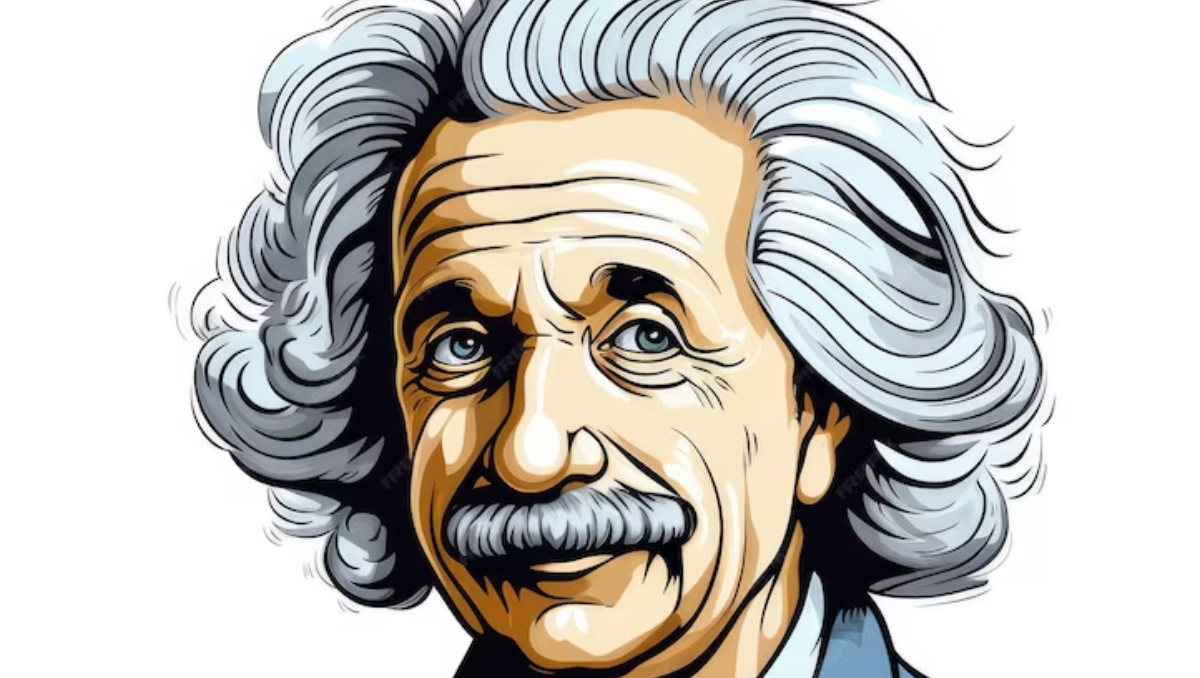April 2, 2024, marks 103 years since the renowned physicist Albert Einstein first stepped into New York City to deliver a series of lectures on the theory of relativity. Einstein’s lectures in New York City in 1921 were significant in popularizing and explaining his groundbreaking theory of relativity to a wider audience, including the scientific community and the general public.
Historical Context
Einstein’s visit to New York City occurred against the backdrop of a world grappling with the aftermath of a global conflict and witnessing unprecedented advances in science and technology. His lectures on the theory of relativity not only left an indelible mark on the scientific community but also resonated with a society seeking to understand its place in a rapidly changing world.
Albert Einstein’s visit to New York City in 1921 occurred during a time of significant scientific, cultural, and social change. The aftermath of World War I had seen a shift in global perspectives, and the field of physics was experiencing a period of great innovation and discovery.
Einstein’s arrival in New York City to lecture on the theory of relativity was met with great enthusiasm and interest. His visit not only facilitated discussions on groundbreaking scientific ideas but also sparked public fascination with the complexities of the universe, contributing to a broader cultural and intellectual dialogue.
Einstein’s Theory of Relativity
Albert Einstein’s theory of relativity, comprising the special and general theories, revolutionized our understanding of space, time, and gravity. The special theory of relativity, proposed in 1905, introduced the concept of spacetime and the equivalence of energy and mass (E=mc^2). The general theory, presented in 1915, described gravity as the curvature of spacetime caused by mass and energy. These theories fundamentally altered the foundations of physics, challenging classical Newtonian mechanics and providing profound insights into the nature of the universe, ultimately shaping scientific inquiry and technological advancements in the 20th and 21st centuries.
Impact of Einstein’s Lectures in NYC
Einstein’s lectures in New York City played a significant role in popularizing science and fostering public interest in complex scientific concepts. His ability to communicate the principles of relativity in a comprehensible manner helped bridge the gap between academic science and the general public, sparking a widespread fascination with the mysteries of the universe.
Albert Einstein’s visit to New York City in 1921 left a lasting imprint on society, transcending the confines of scientific circles and influencing popular culture, intellectual discourse, and the aspirations of individuals. His ability to capture the public’s imagination and engage with complex scientific concepts contributed to a broader societal appreciation for the wonders of the universe and the power of human intellect.
Einstein’s visit serves as a testament to the capacity of scientific exploration to captivate and inspire society, fostering a spirit of curiosity and a collective fascination with the mysteries of the cosmos.
Legacy and Continued Influence
Einstein’s work continues to inspire and influence scientific research and technological advancements to this day. His contributions to theoretical physics and his public engagement have left a lasting legacy, making him one of the most celebrated and influential scientists in history.
Commemorating the Occasion
(Image Source: Pitch + Persuade)
As we commemorate the 103rd anniversary of Albert Einstein’s arrival in New York City to lecture on the theory of relativity, it’s an opportunity to reflect on the enduring impact of his ideas and the role he played in shaping our understanding of the universe. It’s a time to celebrate the spirit of scientific inquiry and the pursuit of knowledge that Einstein exemplified.
Albert Einstein’s visit to New York City in 1921 to lecture on the theory of relativity was a significant event that contributed to the popularization and understanding of his groundbreaking scientific work. As we mark the 103rd anniversary of this occasion, we acknowledge the profound impact of Einstein’s contributions to science and the enduring legacy of his ideas.
This anniversary serves as a reminder of the importance of scientific communication and outreach, inspiring the next generation of scientists and fostering a greater appreciation for the wonders of the universe.
